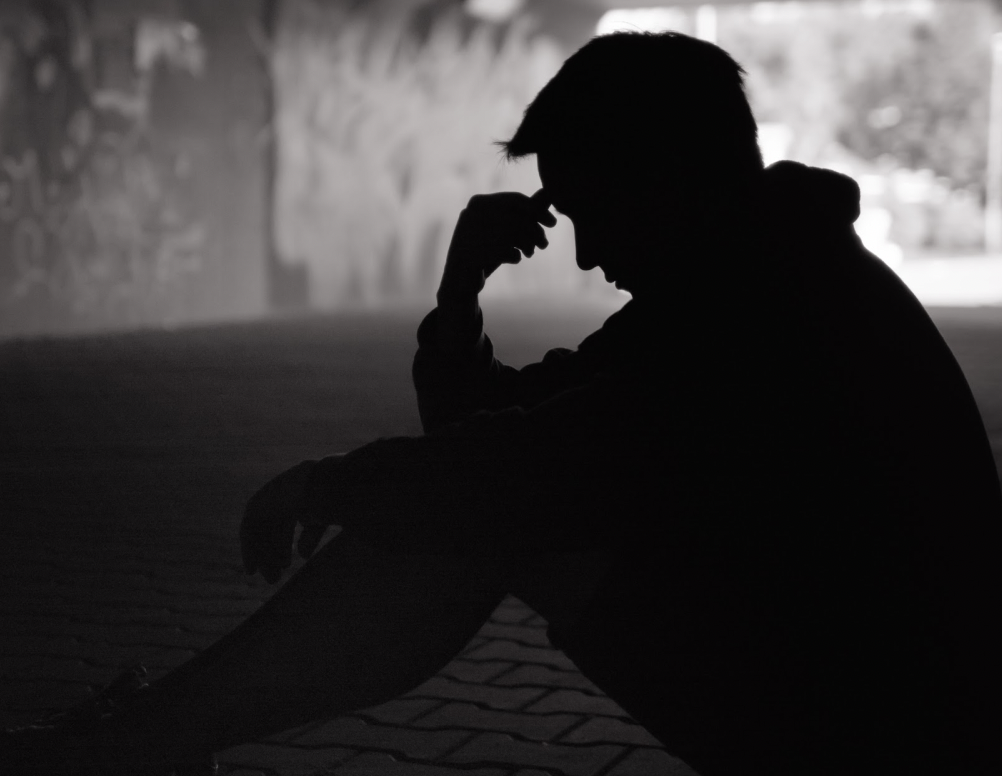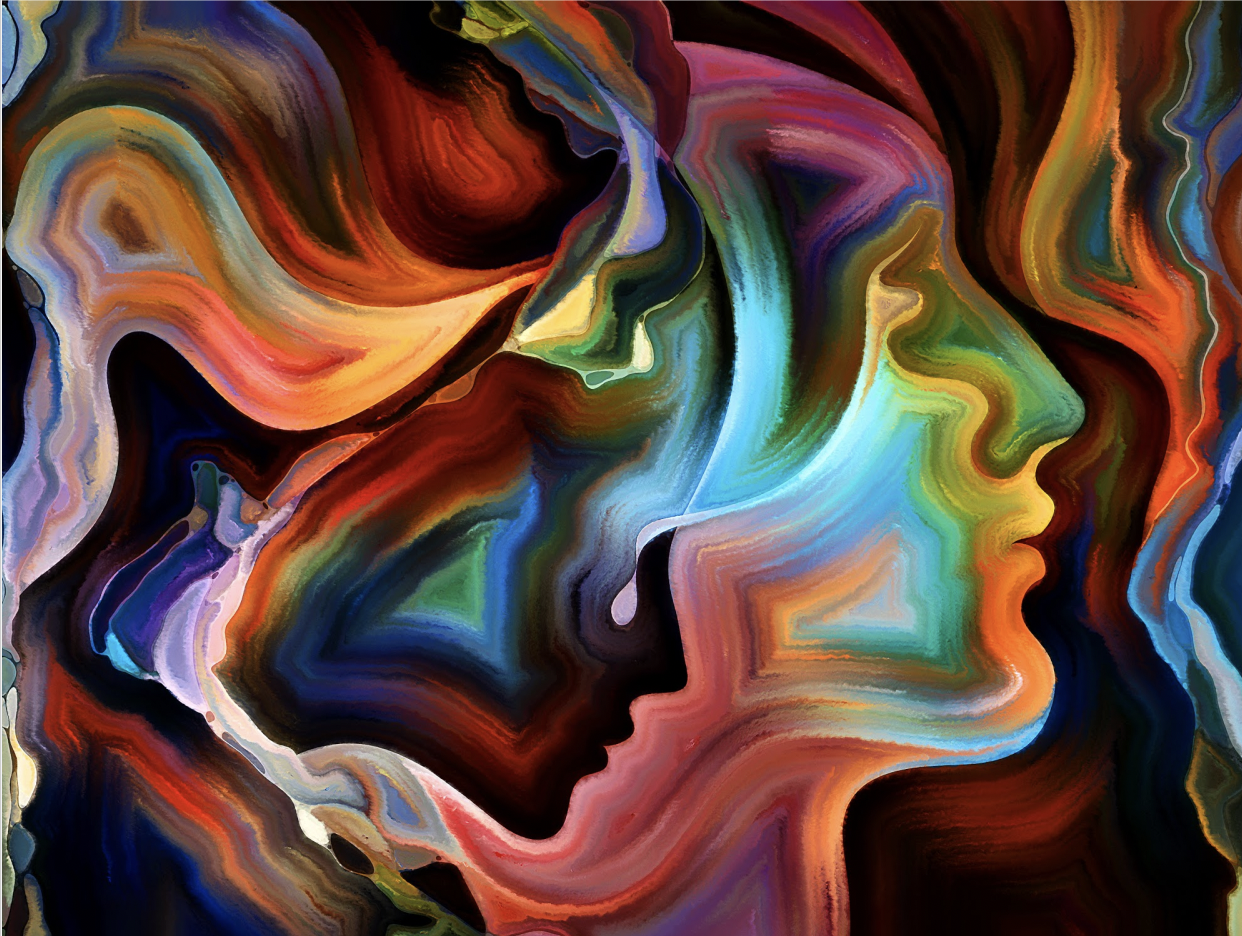17 Warning Signs of Mental Illness Risk
Whether you’re dealing with a bout of depression, episodic bipolar disorder, or simply garden variety anxiety (which…
Whether you’re dealing with a bout of depression, episodic bipolar disorder, or simply garden variety anxiety (which can be anything but simple!), mental health issues can feel overwhelming and isolating—especially when those around you don’t understand what you’re feeling. In an effort to educate and support both those living with mental health challenges and the people who love them, May has been designated as Mental Health Awareness Month. Designed to give hope, healing, and support to those living with mental health problems, Mental Health Awareness Month also educates the public about mental health problems. The goal is to support those with mental health issues and reduce the public stigma of mental illness.
What is Mental Health?
According to the World Health Organization, mental health is defined as “as state of well-being in which the individual realizes his or her own abilities, can cope with the normal stresses of life, can work productively and fruitfully, and is able to make a contribution to his or her community.” Yet for many people living with mental health issues, being able to consistently cope with everyday stress or meet the constant demands of society can prove elusive.
If you live with mental health challenges, you are not alone. The latest statistics from The National Alliance on Mental Illness (NAMI) show that one in five adults—or more than 40 million Americans—are living with some form of mental illness. Of those, 56 percent aren’t getting adequate treatment. Part of the reason for this lack in treatment may be a paucity of resources. Another reason is the perception of shame that continues to surround mental illness.
It’s OK to Not Be OK.
Mental illness has many faces and can range from mild to severe. It’s rarely addressed in popular culture unless we hear about the suicide of a celebrity like Kate Spade or Anthony Bourdain or the public battle Megan Markle, Duchess of Sussex, is waging against depression.
In one of the most recent cases, van-life influencer Lee Macmillan took her own life after a long battle with depression. To onlookers, her life seemed like a perfect blend of freedom and adventure as she and her partner became full-time travelers, exploring 16 countries and becoming well-loved social media influencers. But Macmillan’s reality was considerably different as she bravely struggled under the shadow of depression. In the end, depression won.
While these instances make headlines, the cases of people who are less well known often fly under the radar, especially in those with depression or general anxiety disorder. For some, a lack of support can prevent getting help. For others, it’s the perceived fear and humiliation that often goes with mental illness.
But one takeaway from the cases we do hear about is that mental illness doesn’t care how rich or famous you are, how many followers you have, or how ideal your life appears to others. It can strike anyone at any time. Another takeaway comes from Macmillan’s former partner, who posted on Instagram after her death that, “It’s ok to not be ok, it’s ok to ask for help, it’s absolutely necessary to ask for help.”

The Many Faces of Mental Illness
Mental illness encompasses many different disorders. While anxiety and depression may be the most familiar, other disorders include attention deficit hyperactivity disorder (ADHD), bipolar disorder, borderline personality disorder, dissociative disorders, eating disorders, obsessive-compulsive disorder (OCD), post-traumatic stress disorder (PTSD), psychosis, and schizophrenia. Sometimes, as in the case of schizoaffective disorder, someone can experience the symptoms of their primary disorder, such as schizophrenia, as well as the symptoms of a mood disorder like depression.
Each of these conditions come with their own set of symptoms. However, NAMI notes that there are many common symptoms of mental illness that can raise a warning flag. These include:
- Excessive worrying or fear
- Feelings of extreme sadness
- Confused thinking or problems concentrating and learning
- Extreme mood changes, including uncontrollable “highs” or feeling of euphoria
- Prolonged or strong feelings of irritability or anger
- Avoiding friends or social activities
- Difficulties understanding or relating to other people
- Changes in sleeping habits or feeling tired and having low energy
- Changes in eating habits such as increased hunger or lack of appetite
- Changes in sex drive
- Difficulty perceiving reality (delusions or hallucinations in which a person experiences and senses things that don’t exist in objective reality)
- Inability to perceive changes in one’s own feelings, behavior or personality (“lack of insight” or anosognosia)
- Overuse of substances like alcohol or drugs
- Multiple physical ailments without obvious causes (such as headaches, stomach aches, vague and ongoing “aches and pains”
- Thinking about suicide
- Inability to carry out daily activities or handle daily problems and stress
- An intense fear of weight gain or concern with appearance
Getting Help
If you are experiencing any of these thoughts, emotions, or habits, it may be time to speak with a mental health professional. A professional can help provide an accurate diagnosis, which is the first step in healing. Have questions? Don’t know where to begin? NAMI is a great starting point. You can check out their website at www.nami.org or reach the NAMI HelpLine at 800.950.NAMI (6264). NAMI’s HelpLine volunteers are available Monday through Friday from 10:00 a.m. to 8:00 p.m. EST to answer questions, offer support, and provide practical next steps.
If you’re experiencing a mental health crisis or having thoughts of suicide or self-harm, don’t wait for the feelings to pass. Reach out to the National Suicide Prevention Lifeline at 800.273.TALK (8255). Crisis workers are available 24/7 and all information is strictly confidential.
Lastly, it’s wise to remember the words of British novelist Matt Haig when he noted that “Mental health problems don’t define who you are. They are something you experience. You walk in the rain and you feel the rain, but, importantly, YOU ARE NOT THE RAIN.”

